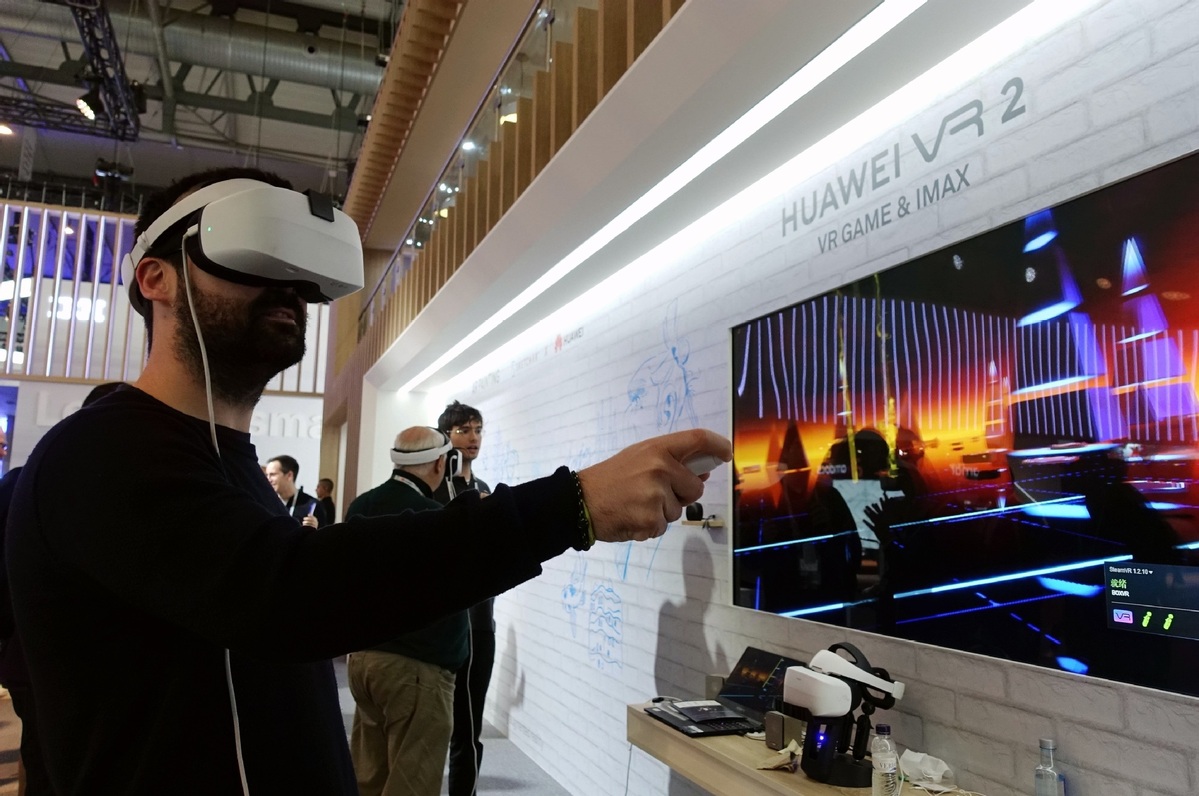Innovation has key role in breaking tech barriers
By Ma Si in Shenzhen, Guangdong | China Daily | Updated: 2019-04-17 07:29

Huawei Technologies Co is seeking to steer innovation by investing $300 million annually to fund academic research in basic science and technologies.
This is part of the Chinese company's broad effort to move beyond current technological limits to seek cutting-edge technologies for the next five to 10 years.
Xu Wenwei, director of the board at Huawei and president of the company's newly established Institute of Strategic Research, said: "Huawei will work with universities and research institutes to drive innovation in theories and basic technologies, and light the way for the industry and the world at large."
To drive industry innovation and upgrading, Huawei is committed to leading the industry in five areas: redefining the technical architecture, redefining the product architecture, leading the pace of industry development, setting a new industry direction, and fostering a new industry, the company said in a statement.
According to the Shenzhen-based company, the wide adoption of artificial intelligence is accelerating cloud adoption in enterprises. And it considers cloud competition to actually be competition in AI.
"Our strategic investment in AI focuses on two areas, namely boosting computing power and promoting AI application scenarios," Xu said.
Huawei is now investing in atomic-scale manufacturing to push the limits of Moore's Law-the observation that the number of transistors in a dense integrated circuit doubles about every two years, as the precision of manufacturing technology has advanced from the macro level to the micro (nano) level, and is now facing obstacles.
In 2018, Huawei's R&D spending reached 101.5 billion yuan ($15.1 billion), accounting for around 14 percent of its revenue.
























